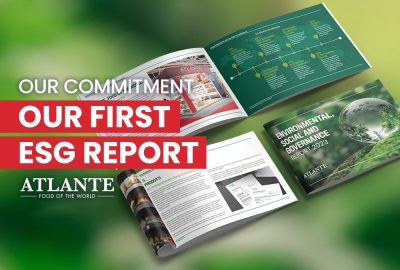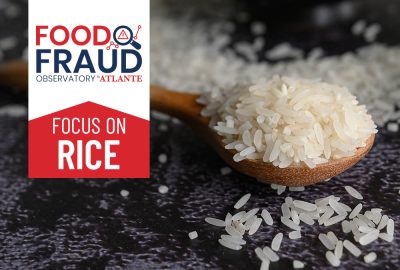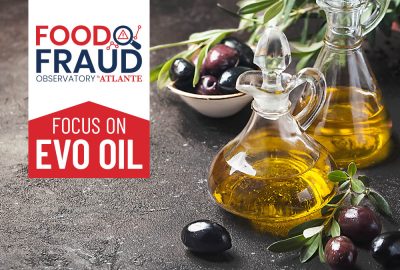Atlante
News
Food fraud? An issue that is also cultural
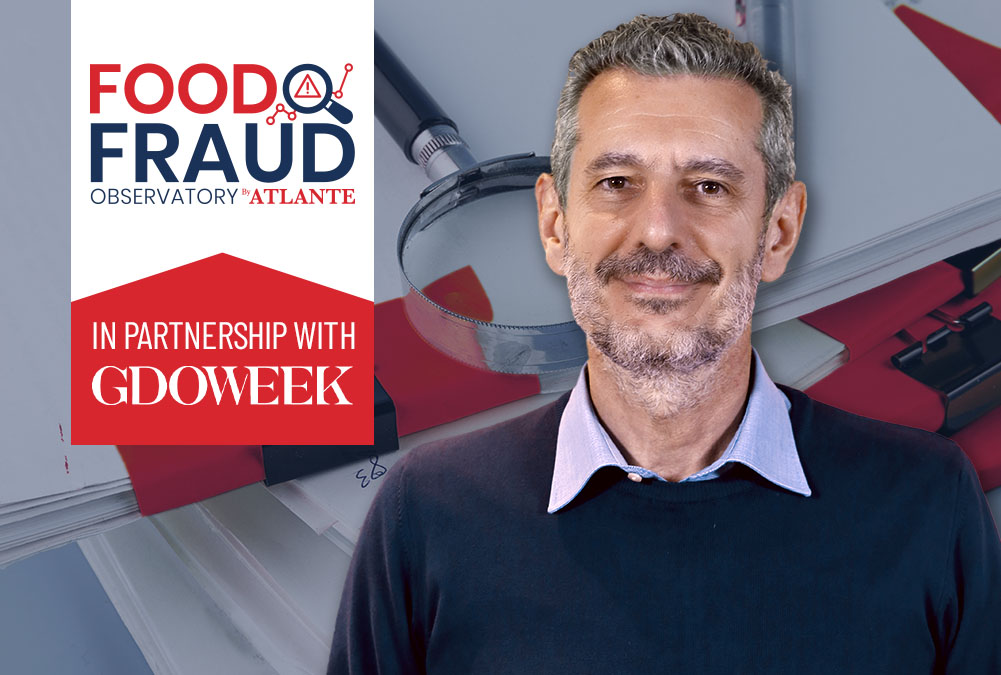
17 May 2024
The Atlante Food Fraud Observatory focuses on risks associated with products and categories. The goal? To raise awareness and ensure that businesses can work with greater responsibility.
Commitment and Collaboration: Atlante’s Initiative to Combat Food Fraud
Atlante has always paid particular attention to the risks associated with food fraud. In July 2023, Atlante launched the Food Fraud Risk Assessment project: a robust plan dedicated to evaluating the risks related to food fraud.
As part of this important plan, a collaboration with GDO Week has been established for a monthly column dedicated to food fraud prevention. The articles will be curated by Atlante’s Food Fraud Observatory and authored by Enrico Santi, Quality Assurance Manager.
Each article will provide insights, analyses, and best practices to tackle the complexity of food fraud.
This synergy highlights Atlante’s ongoing commitment to sharing its knowledge and most effective strategies with major Italian chains and its partners to ensure the genuineness and integrity of the food that reaches our tables.
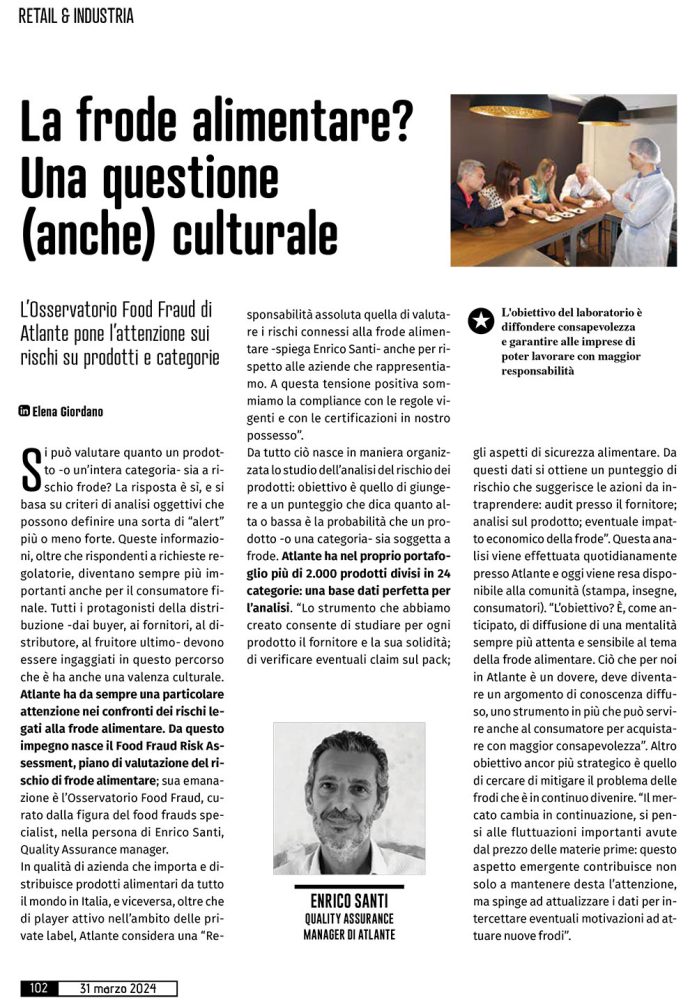
Is it possible to assess the risk of fraud for a product – or an entire category? The answer is yes, based on objective analysis criteria, which can define a sort of ‘alert’ of varying strength. This information, besides fulfilling regulatory requirements, is becoming increasingly crucial for the end consumer. All stakeholders in the distribution chain – from buyers and suppliers to distributors and end consumers – must actively participate in this process, which also holds cultural significance.
Atlante has always placed particular emphasis on the risks linked to food fraud. This dedication hasled to the establishment of the Food Fraud Risk Assessment, a strategy designed to evaluate such risks. Its outcome is the Food Fraud Observatory, overseen by food fraud specialist Enrico Santi, who serves as Quality Assurance Manager at Atlante. Readers can find more about him in the pages of this magazine.
Upstream: the importance of knowing and understanding this phenomenon
As a company that imports and distributes food products from around the world in Italy, and vice versa, as well as an active player in the private label sector, Atlante considers it an “absolute responsibility to assess the risks associated with food fraud, also out of respect for the companies we represent,” Enrico Santi explains.“To this positive tension, we add compliance with current rules and withthe certifications we hold. The organised study of product risk analysis is a result of these factors, with the goal of reaching a score that indicates the degree of probability that a product – or category – is subject to fraud.
Atlante has more than 2,000 products in its portfolio, split across 24 categories: a perfect database for analysis. The tool we have created allows us to study the supplier and the solidity of each product, and to verify any claims on the pack,as well as food safety aspects. This data makes it possible to generate a risk score that suggests any required actions, such as supplier audits and product analysis, as well as the potential financial impact of fraud.”
This analysis is carried out on a daily basis at Atlante andis now made available to the community (press, brands, consumers). “As mentioned earlier, the goal is to promote a mindset that is increasingly attentive and sensitive to the issue of food fraud. What is a dutyfor us at Atlante must become a topic of widespread knowledge, serving as an additional tool to help consumers make more informed purchases,” Enrico Santi continues.
From the company’s perspective, another even more strategic goal is to attempt to mitigate the issue of fraud, which is continuously evolving. “The market undergoes constant changes –consider, for example, the significant fluctuations in raw material prices. This dynamic not only sustains attention, but also drives the need to update data in order to intercept any motives for perpetrating new frauds.”

